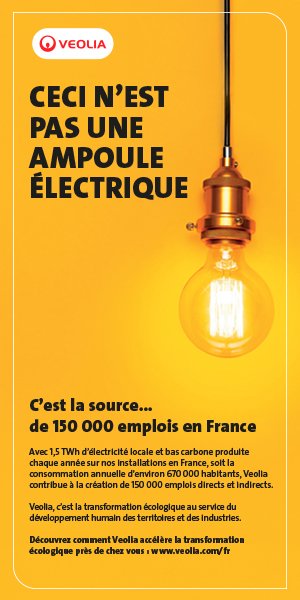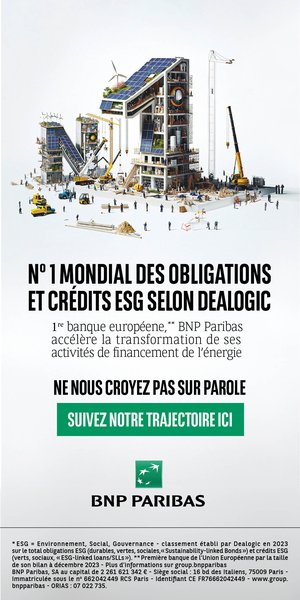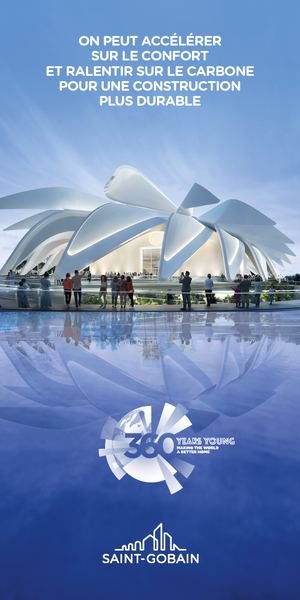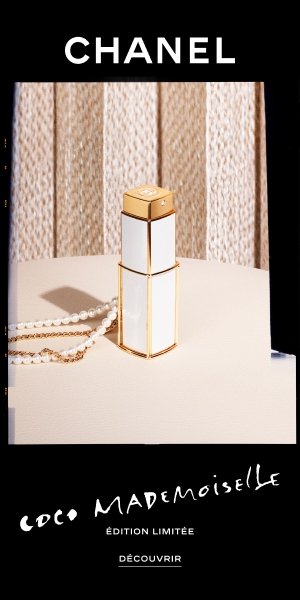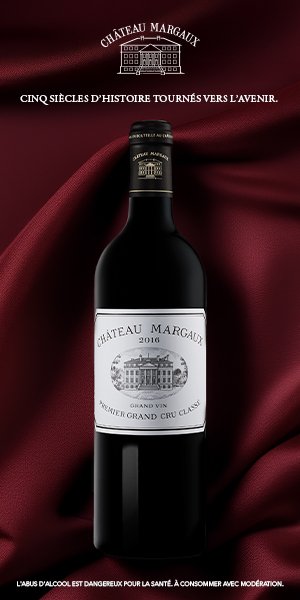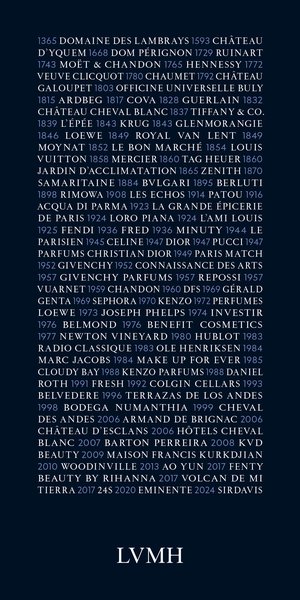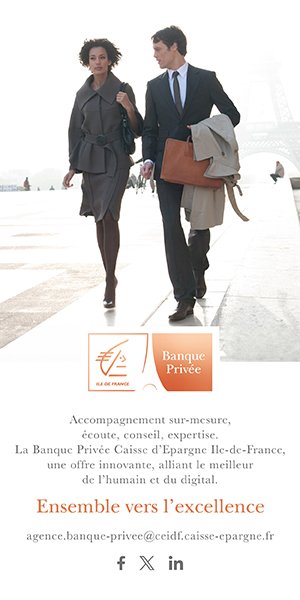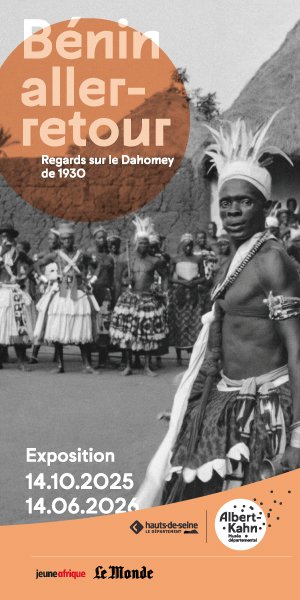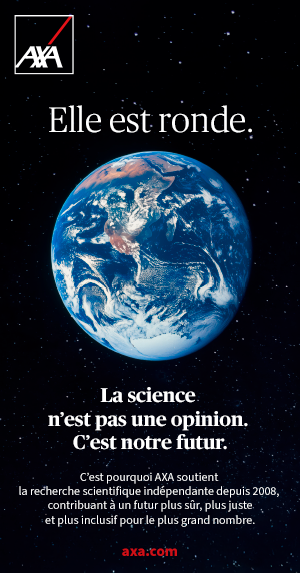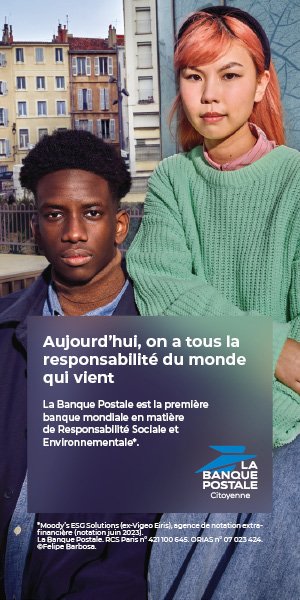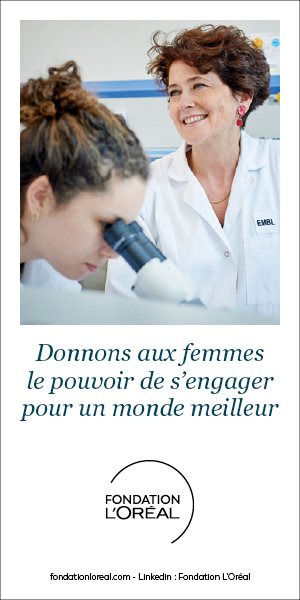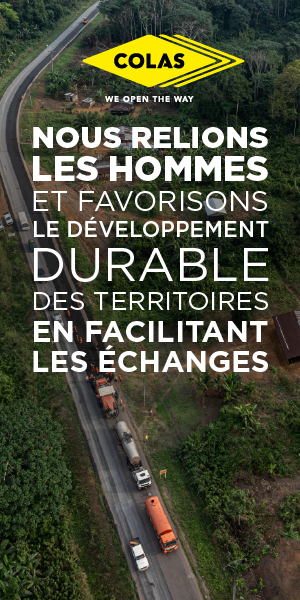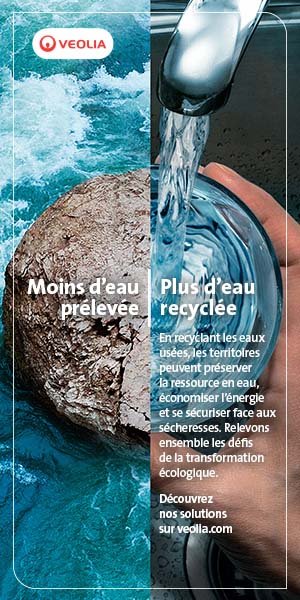Politique Internationale — Year after year, the Albert Londres Prize has established itself as an institution. But that doesn’t mean we can’t take a look back at its history...
Annick Cojean — The Albert Londres Prize was founded by Florise Londres in 1932, just after the great journalist’s death in a fire on the liner that was bringing him back from a long assignment in China. Albert Londres cherished his only daughter, to whom he wrote and sent postcards from all over the world. Knowing her father’s passion for his profession, and admiring his absolute commitment to what was almost a reason for living, she surrounded herself with her father’s close colleagues and renowned reporters to launch a prize embodying the honour and grandeur of journalism. Joseph Kessel, Lucien Bodard, Robert Guillain, Andrée Viollis and Roland Dorgelès were notable among the members of the jury, as were later Henri Amouroux, Josette Alia and Yves Courrière. There are two very simple conditions for entering the Albert Londres Prize. The first is to be French-speaking. Candidates from Belgium, Switzerland, Quebec and Africa have been shortlisted several times. In 2021, the prize was awarded to Caroline Hayek, a journalist with the Lebanese newspaper L’Orient-Le Jour; in 2023, to Wilson Fache, a Belgian freelance journalist. Secondly, you have to be under forty. The prize is not intended to crown a career, but rather to identify and encourage a promising reporter on the rise. For a long time, the Albert Londres Prize only celebrated the written press. In 1985, Henri de Turenne opened it up to the audiovisual sector. Then I campaigned for books of reportage to also be honoured. Since 2017, we have awarded three prizes.
P. I. — Who makes up the jury? And what are the selection criteria?
A. C. — One of the reasons for the Prize’s longevity is the stability of its jury of around twenty members. The majority of the jurors are permanent, all winners of the Albert Londres Prize, elected by their peers and united, I believe, by common values. The other part is ‘rotating’: three members of the association’s board of directors sit on the jury for the duration of their term of office; the year’s winners also join the jury for the following year. This ensures a mix of generations, a dynamic and fresh approach to discussions, and a stable appreciation of ‘what an Albert Londres work is’. Over time, we have come to form a small circle of friends, and that’s just what we need, because the menu is copious, with around 70 entries each year for the written press, around fifty for the audiovisual media and around twenty books. You have to see and read everything. We do it very rigorously. It’s a huge amount of work for a small, voluntary organisation.
What are the selection criteria? First and foremost, but this, almost goes without saying, the rigour, ethics and accuracy of the information. That’s the basis. Then there’s the originality of the angle of a report and the scoop on the subject. But what is most important to us, and what constitutes the ‘Albert Londres touch’, is the uniqueness of a tone, a style, a pen; the mark of a generosity of eye and approach to people; the touch of a journalist who trembles, shudders, gets involved, immersed in their reporting as Albert Londres was in all his fields of action.
P. I. — Do the reports you select have to be objective?
A. C. — Does a good journalist have to be neutral, cold and distant? Certainly not. Honesty is fundamental, as is respect for the balance of sources. But who can claim to be perfectly objective? In any case, that was never the aim of Albert Londres, whose sensitive pen was often combative, even vigilante. How can we not quote his phrase, which has become something of an emblem for the prize: ‘Our job is not to please, nor to do harm. It is to take the pen to the wound’. Albert Londres never shied away from it! He bore witness, and even gave himself the right to follow up. At the end of his report on the Cayenne penal colony, Le Petit Parisien of 6 September 1923 published an open letter to the Minister for the Colonies, which ended with this sentence: ‘What is needed in French Guiana is not reform, but upheaval’. He didn’t write to entertain, even if he did have a sense of humour. He wrote to draw attention to a situation. And to mobilise. Several of our prize-winners have this same quest. Look at the impact of the book Les Fossoyeurs (Fayard) by Victor Castanet, our 2021 winner, which denounced the excesses of the Orpea group and spurred debate about the contradictions between the unbridled pursuit of profit and the quality of care owed to nursing home residents. The book blew the lid off the debate and shook things up, forcing politicians to take a stand and the company in question to undergo a complete overhaul. Hats off to Victor! Hats off to young journalists who dare to tackle sensitive, painful, difficult and sometimes highly inflammatory subjects.
P. I. — Generally speaking, journalists are often awarded prizes for taking risks. Has this become the hallmark of the journalistic profession?
A. C. — Is it possible to do this without taking risks? I don’t think so. And it all depends on what you mean by risk. There is, of course, a physical risk in some reporting and in some parts of the world, particularly in areas of armed conflict. More and more geographical areas are off-limits to reporters. Look at Gaza. But look also at Iran, Afghanistan, certain African countries, several republics of the former Soviet Union... The risk also exists – and this is recent and astonishing – when covering certain demonstrations in France, where the mistrust of the media encouraged by certain populist leaders is reflected in very hostile gestures and words. But this is not the only risk faced by those who do the job of providing information. The greatest risk is that of getting it wrong and therefore misinforming the reader. That is the greatest danger! The Internet and social networks make it easier to access information, but they are also breeding grounds for propaganda, disinformation, manipulation, pressure, insults and blackmail. Where is the truth? What are the facts? What can be said with certainty? How can we detect lies and brainwashing efforts? Can we maintain our distance and independence in the face of the steamroller that confuses information with communication? Yes, if there’s one major risk, it’s that of being taken in by the increasingly sophisticated manufacturers of lies, of not having the time to check everything, and therefore of misleading your reader.
P. I. — War reporter: the term borders on myth. Is it still relevant today? Is the Albert Londres Prize mainly awarded to conflict-related subjects? If so, how do you explain this kind of fascination?
A. C. — A brief summary of the work of the prizewinners shows that it is often rooted in areas of high tension – Iraq, Afghanistan, Syria, Congo, the Middle East, to name but a few. More recently, Ukraine, Russia, China... The reporters there show courage and commitment, deeply invested in offering a vibrant, humanist style of journalism, very much in the vein of Albert Londres. It has to be said that certain dramatic contexts are more conducive to revealing young talent. But let’s not draw any conclusions: great stories, beautifully handled, can emerge from France’s suburbs and regions. The prize-winning book in 2023 was called Silence dans les champs (Arthaud) and dealt, with great humanity, with the excesses of intensive farming in Brittany. As for Philippe Pujol, who won the prize in 2014, he took us on an unusual investigation, with a scathing style, into the northern districts of Marseille.
P. I. — You yourself have been awarded the Albert Londres prize. What was it about your work that won you the award?
A. C. — I was awarded the prize in 1996 for a five-part investigation entitled ‘Memories of the Shoah’ (1), carried out to mark the fiftieth anniversary of the liberation of the death camps. I spent several weeks on the project, travelling to the United States and Germany to meet as many witnesses as possible and to ask myself how the experience of the Shoah was being passed down through the generations. For the first part, I went to Yale to study how American academics, with all the necessary precautions, interviewed survivors in videos that would become documents for history. Then I looked at the second generation, the children of Holocaust survivors, the buds that had blossomed on charred branches because almost all their families had perished in the extermination camps. The third chapter was devoted to other children, this time those of the Nazis: what memory did they convey? What guilt? Anger? Rejection? Fascination? These meetings with the descendants of Goering, Hess, Frank or Speer were deeply moving, and each story was different. There were those who remained haunted by the Shoah, spat on their family history and could not find words harsh enough to describe their progenitor. And there were others who remained faithful to them, expressing a strange and disturbing fascination. A fourth section recounted the meetings organised by an Israeli professor between the children of victims and the children of perpetrators. What was said and the links that were forged were unheard of. Finally, the fifth part of this investigation focused on the teaching developed by an American organisation to raise awareness among secondary school pupils and teachers of this tragedy of history, to teach children to detect the signs of exclusion, racism and anti-Semitism and to take responsibility, even if this means being undisciplined. Need I say that I was fascinated, moved and perhaps transformed by this investigation? I think that, thirty years on, I would like to take it up again and continue it. The subject is sadly relevant.
P. I. — Is it fair to say that this award has accelerated your career?
A. C. — I’ve never thought in career terms and never aspired to a position in the hierarchy of my newspaper, to which I’ve been loyal for over forty years. So this award did nothing to change my status at the paper, since I was already a member of the pool of senior reporters. All it did was reassure me that my work was being recognised by my elders, who were in my pantheon of great writers in the profession. Perhaps it gave me more self-confidence to dare to propose personal or daring subjects. But, as I was saying, this prize is in no way a consecration. It’s a huge encouragement to show yourself worthy of it, to surprise, to surpass yourself, to keep the torch of journalism burning brightly. To respect ethics, independence and professional conduct no matter what. Not to take the easy way out or slack off on the writing. And certainly to remain modest. Journalism is a humbling profession. We are simply the conduit for information, the link between those who read us and those who act, suffer, tremble, decide, endure and whose lives we recount. Arrogance is forbidden to us, or it should be! That said, the young winners of the Albert Londres prize, who are so happy when the results are announced, often suffer the effects of jealousy from their colleagues, and never vaunt their prize... except on the biographical note of their books. A Pulitzer Prize instantly earns American journalists huge pay rises. I think the opposite is true in France: ‘You’ve won the Albert Londres, you’re not going to ask for a raise on top of that!’ I’ve heard that too, even though I didn’t ask for anything. That’s just the way it is. I was even so afraid of looking like a show-off that, when I organised a big party at Le Monde to treat my colleagues, I didn’t mention Albert Londres. Most of the journalists thought I was celebrating my birthday.
P. I. — Over the course of your career, what events have had a lasting impact on you? Are there any personalities who have made a particular impression on you?
A. C. — I’ve spent the last four decades living with the world’s upheavals. I certainly haven’t covered everything and I’ve never been a foreign correspondent. But Le Monde’s senior reporters are likely to be called on at any time to fill in for a department or to rush out to cover a sudden event: conflicts, economic or humanitarian crises, elections, revolutions, earthquakes, floods, demonstrations, the funerals of Fidel Castro or Pavarotti, the squalor of Calcutta... The three months I spent in the United States after the attacks of 11 September 2001 had a profound effect on me. The country – the planet – was in a state of shock, certainties about the democratic ideal totally shaken. We realised the extent to which the Western model could be despised by part of the world, the extent to which our societies were vulnerable, and the extent to which the post-Cold War era of ‘happy hegemony’ in the United States was an illusion. In short, the country was in turmoil, in the throes of questioning, and we were about to get used to talking about a new type of war, quite different from the Second World War or the Vietnam War, since it was a war ‘against terrorism’, a new concept with results that were difficult to grasp. The coverage of the earthquake in Haiti in 2010 was also heartbreaking. More than 250,000 dead, 300,000 injured... It was crazy. But the zest for life that was revealed on a daily basis, the strength, grace and faith of the survivors, make that country very dear to me.
As for the personalities I met, how can I choose? I’d just like to tell you about the intense impression made on me by Mikhail Gorbachev, whom I interviewed twice in Moscow, and the admiring and affectionate memories I still have of Simone Veil and Gisèle Halimi, with whom I wrote two books. And perhaps you could mention Kim Phuc (2), whom I was so happy to meet again in 1997 when I didn’t know if she had survived the war, and with whom I have maintained a close friendship. Journalists? I’d like to mention Anne Chaon, an incredible AFP journalist who has travelled a thousand miles with remarkable commitment and integrity; and the great reporter and writer Jean-Claude Guillebaud, whom Jean Lacouture said was ‘the best of us’ and who told the world’s stories with style, talent... and fraternity.
P. I. — The cause of women is also a major issue...
A. C. — Oh yes! For a very long time, when you read newspapers and magazines, you had the feeling that you were living on a planet populated only by men. Interviews, portraits, headlines... Almost the entire newspaper was devoted to them. Weren’t they the decision- makers, the ministers, the entrepreneurs, the generals? Women were just a niche, a catch-all mini-headline, tucked into the ‘society’ pages next to the ‘children’ section. That’s all changed now. Their arrival in important political posts – thanks in particular to quotas – has upset the balance, as has the relative parity between men and women in editorial departments. Glass ceilings still exist, but women are breaking through them in every field – science, medicine, the environment, economics and climate. Subjects are emerging that were previously ignored or scorned. The word ‘feminicide’ has finally been coined, whereas in the past we used to talk about ‘crimes of passion’ or simple news items. The ‘Metoo’ movement has also led to investigations into harassment, rape, control and incest, all subjects that had long been neglected in the press. ‘Women count, so let’s count them’ is a feminist slogan that suggests that instead of proclaiming pious principles, we should take stock of the presence of women in various fields and urgently redress the balance.
I sincerely believe that being a woman is a considerable advantage in the profession of a senior reporter. It doesn’t close any doors: men who despise us or hate talking to a woman – as in Iran or Afghanistan – nevertheless feel obliged to talk to us because we represent the Western press. On the contrary, it opens many other doors for us, particularly those of the world of women in all societies. And that’s no small thing! I would never have had access to Libyan women or written my book Les Proies (Grasset) about the system of sexual predation set up by Colonel Gaddafi if I’d been a man. No woman would have dared talk to me or confide in me about her suffering. The same goes for my investigation into the wartime rapes perpetrated in Iraq and Syria. Testimonies are painful and very difficult to obtain. The women, even though they are victims, risk their lives by bearing witness to this crime. Most of them tell neither their husbands nor their families. So confiding in visiting journalists takes time, and a guarantee of discretion and complicity that can only be given by another woman. This is the case in Afghanistan, Pakistan, Nigeria, Congo, Ukraine... Fortunately, the subject of war rape, once treated as ‘collateral damage’ of a conflict, is now documented and tackled with the seriousness it deserves.
P. I. — The current world is one of a frantic race for information. To what extent does this worry you?
A. C. — Running to a phone box to dictate an article to a newspaper switchboard operator, running to the airport to catch the first plane out to a disaster-stricken country or a coup d’état, running to the last available hire car to get to a backwater or a capital city... Journalists have always run! After time, after the scoop, after the deadline! But today the race is crazier than ever. The Internet has changed the game. All-news channels allow no breaks, and newspaper websites have exploded the notion of ‘deadline’. The pace is hellish, and you have to keep feeding the beast. But there’s no secret to it: quality information requires time to gather it, check it, contextualise it, formulate it and communicate it. This time is often unavailable. For a long time, Le Monde, which is an evening paper, enjoyed a little privilege known as the night edition. While our colleagues had to hand in their copy early in the evening, we journalists were lucky enough to have the night to write, reflect and get some distance before handing in our article around 7 o’clock in the morning. This had an impact on our sleep. But what a luxury those long, late nights were for writing!
P. I. — Are journalists today better prepared to deal with this context?
A. C. — There’s no doubt about it: journalists are becoming better and better educated. I’m even amazed by the profiles of the young candidates for the Albert Londres. They have a solid academic background, speak several languages – sometimes Arabic, Russian or Chinese – and have often studied abroad – thanks to the Erasmus programme. Previous generations were certainly not as well trained and included some truly self-taught people. The counterpart is a certain formatting: themes, language, hooks, style. The result is clean, correct and effective. But it lacks daring, originality, imagination, a step aside, a singular voice and an offbeat outlook. On TV and radio – where even the rhythm of the commentary seems formatted – as in the written press. Albert Londres was criticised for introducing ‘the microbe of literature’ into journalism. Well, bravo Albert! Literature and journalism can work very well together. Poetry too. Even in broadcasting.
P. I. — What will the Albert Londres Prize look like in fifty years’ time?
A. C. — I’m betting that it will live on as the greatest prize for French-language journalism and that it will keep the torch of ethical, passionate, committed and human journalism very high. I have watched the generations succeed one another over the last three decades, and I am delighted to see that the flame of the young prize-winners remains intact. It will remain so. Journalism is more than a profession. It’s a way of being in the world, questioning it and telling its story. Perhaps, in a modest way, to make it a better place... I imagine that in fifty years’ time other types of media will have emerged and will also deserve to be honoured by the Albert Londres. Digital press, podcasts, webtoons, what have you? There are so many tools on the horizon that we don’t yet know about. The important thing is that each of our awards ceremonies is an opportunity to remind ourselves of the values and ethics that unite us. And to celebrate a wonderful but demanding profession.
(1) This series of articles was published in Le Monde in 1995.
(2) Kim Phuc is ‘the little girl fleeing a napalm attack’, the emblematic photo of the Vietnam War.
